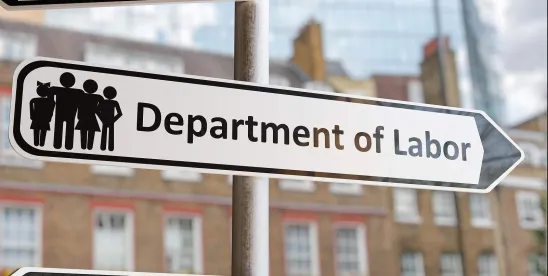Highlights
- The U.S. District Court for the Eastern District of Texas has vacated the U.S. Department of Labor’s salary threshold final rule
- The court’s order applies nationwide
- The salary threshold will not increase on Jan. 1, 2025, and will revert to $35,568 immediately
On Nov. 15, 2024, the U.S. District Court for the Eastern District of Texas entered an order vacating the U.S. Department of Labor’s (DOL) recent final rule increasing the salary threshold for employees to qualify as exempt from overtime under the federal Fair Labor Standards Act (FLSA). The ruling applies nationwide, and effectively causes the salary threshold to revert to $35,568.
In April 2024, the DOL issued its final rule increasing the salary threshold to $43,888 starting July 1, 2024, and was set to increase to $58,656 on Jan. 1, 2025. The salary threshold is one of three factors in determining whether an employee qualifies for a so-called white-collar exemption from overtime under the FLSA. The other factors are that the employee must be paid on a salary basis and that the employee must satisfy the duties requirements of the executive, administrative, or professional exemptions.
In holding the DOL exceeded its authority, the court found that the relevant language of the FLSA concerning overtime exemptions related primarily to an employee’s duties. As such, the DOL cannot replace the duties test with a salary-only test and, according to the court, the level at which the DOL set the salary threshold effectively rendered nonexempt a significant number of employees who would otherwise meet the duties test. The court found that the final rule contradicted the historical practice of setting the salary threshold low in order to screen out only “obviously nonexempt employees,” thus placing greater emphasis on employee duties.
The court also rejected the automatic increases to the salary level every three years. The court noted this mechanism violated the Administrative Procedure Act’s notice and comment requirements. It also noted that such indexing was untethered from any change in duties, which is the primary focus of such exemptions and the DOL’s regulatory authority. In the end, the court vacated the entire final rule.
Takeaways
Many businesses planning to raise salaries or reclassify certain categories of employees as of Jan. 1, 2025, do not need to do so – at least not for the purpose of complying with the salary threshold rule. Of course, businesses are free to raise compensation to whatever level they please, and may reclassify positions as nonexempt, as nonexempt is the default classification under federal law.
Nevertheless, before employers making any other material changes to compensation structure or overtime classification, it may be prudent to wait and see whether the DOL appeals and whether the incoming administration intends to tackle the issue.
Moreover, as the court’s emphasis on the duties test of the white-collar exemptions indicates, businesses should consider regularly reviewing and auditing their exempt positions to ensure proper classification, notwithstanding salary level.




 />i
/>i

